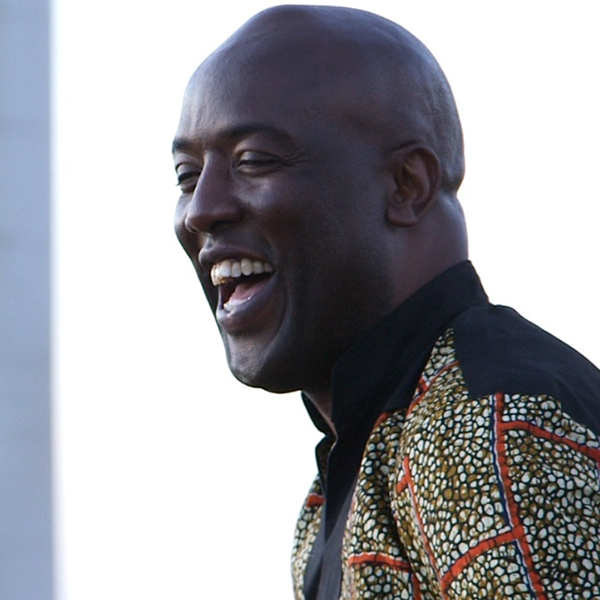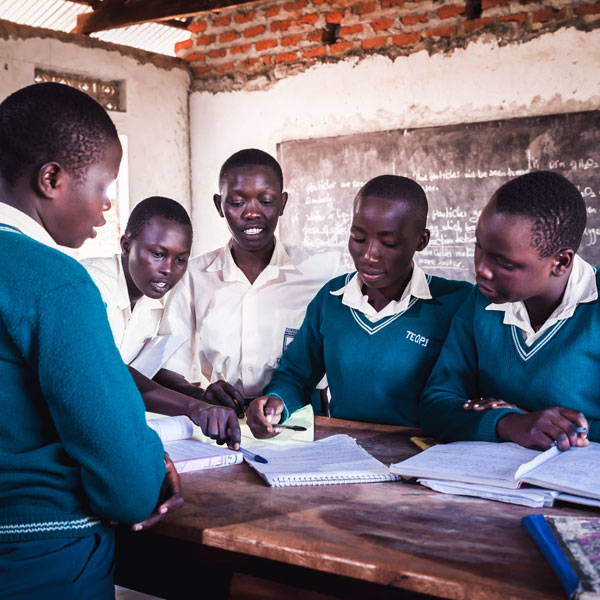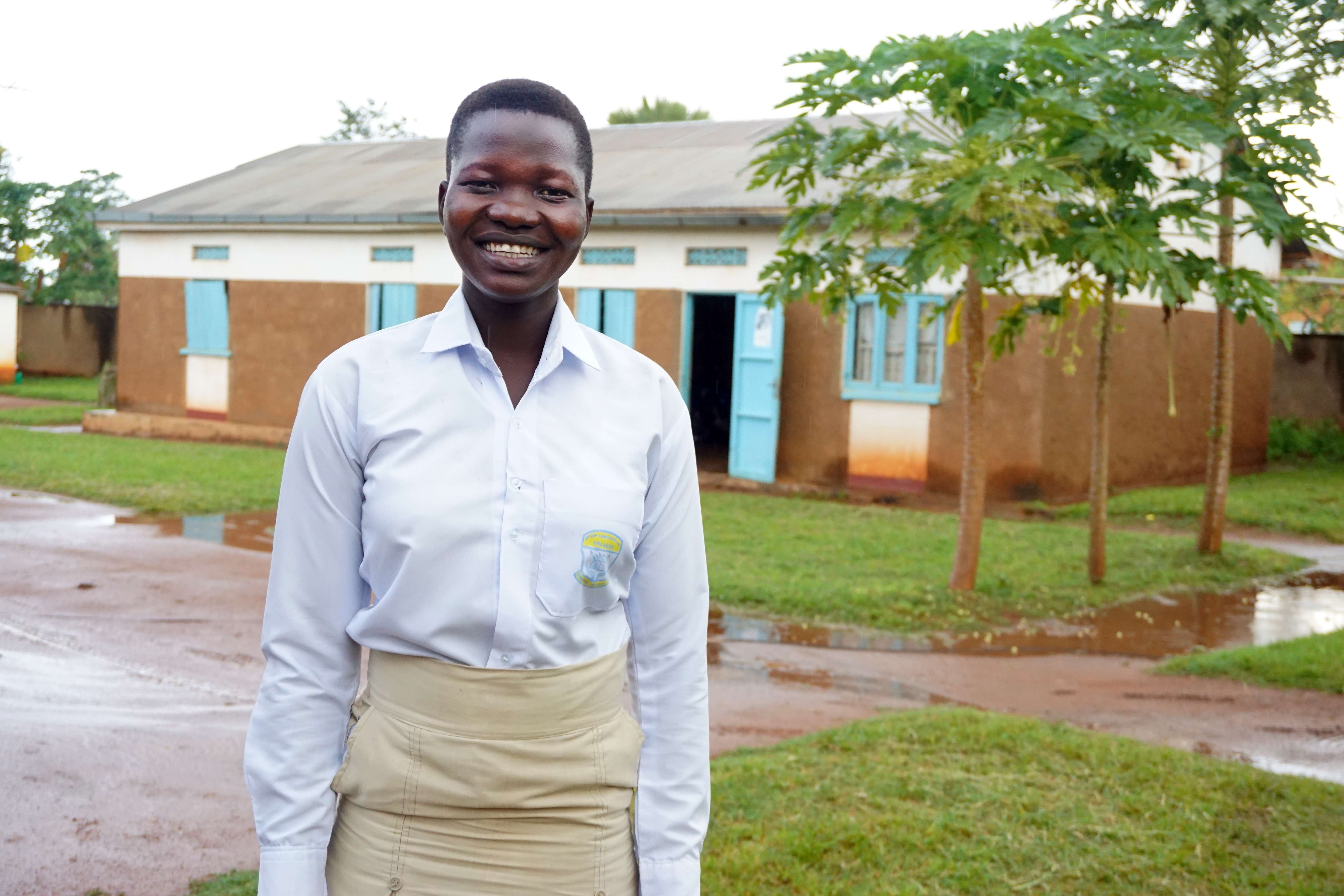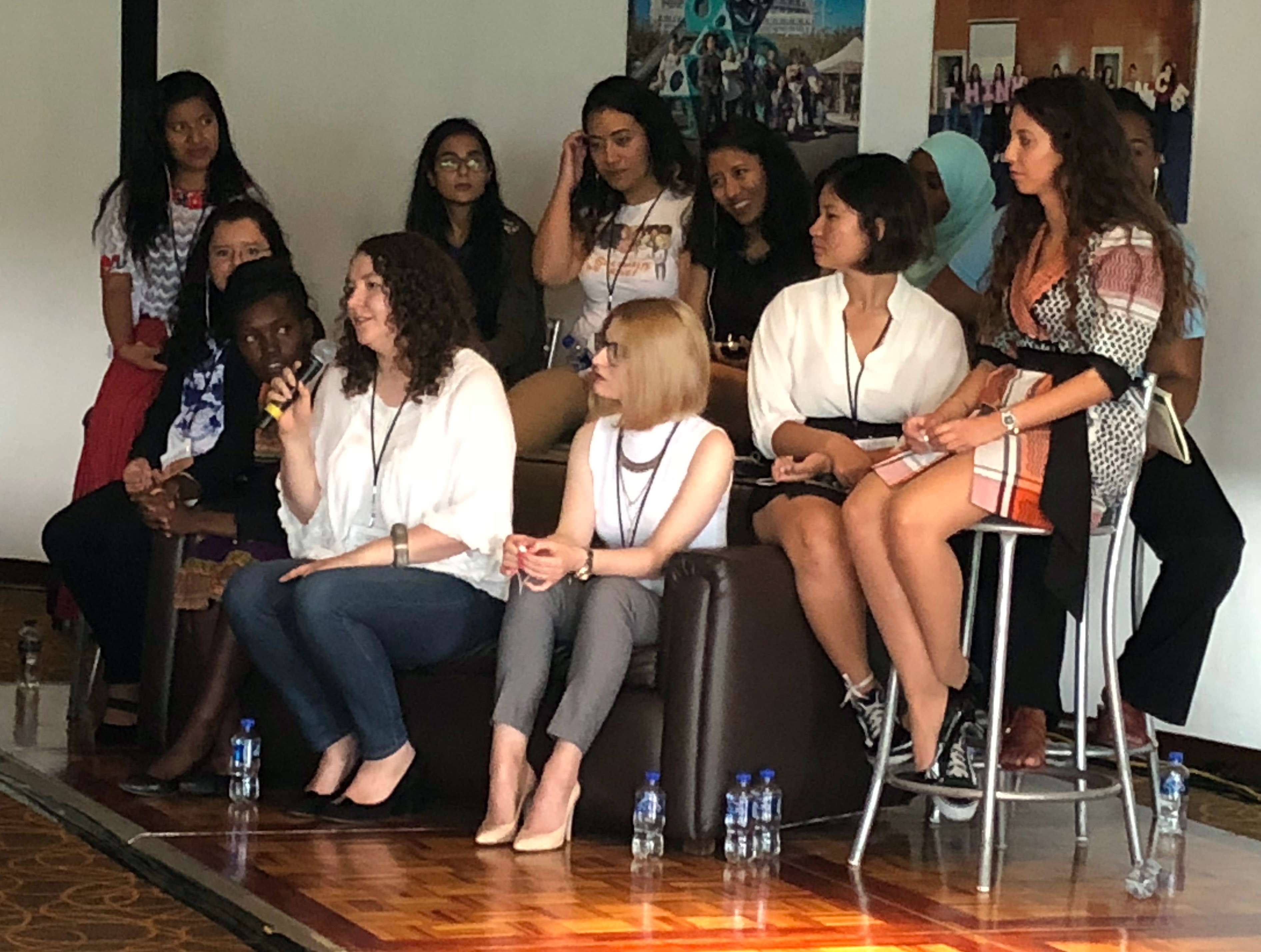On a recent trip to Kenya, GFC’s Bundie Kabanze met Bahati – a remarkable young woman who believes opportunity is the key to youth leadership.
“There are plenty of hours in a day. So, I definitely have the time.”
This was Bahati’s response to my question about where she finds time to do all the things she does.
Bahati, 20, is a recent graduate of Sheria Mashinani (which means “grassroots law” in Swahili), a legal awareness training program. GFC partner Youth Safety Awareness Initiative (YSAI), also known as Crime Si Poa, runs the program in partnership with Strathmore University Law Clinic to empower communities with basic legal knowledge, so that they can responsibly exercise and enjoy their constitutional rights and obligations.
I met Bahati and about a dozen other graduates for the first time at YSAI’s office in Nairobi’s Sarakasi Dome. I was curious to know what piqued their interest in Sheria Mashinani. I heard many moving and deeply personal stories from each of the graduates’ paths to YSAI.
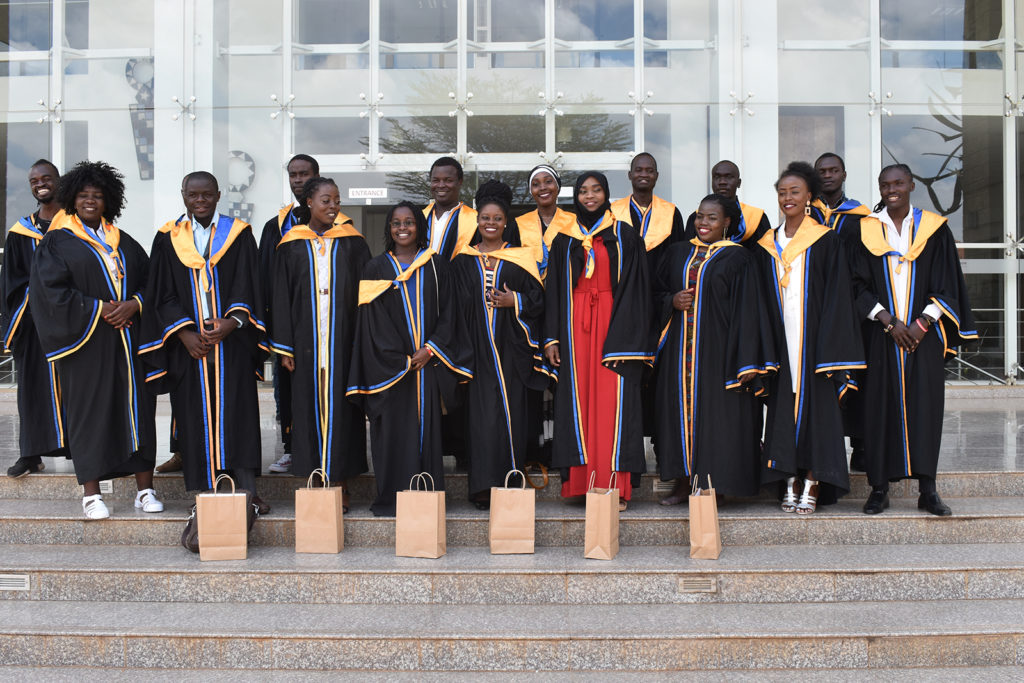
All the students are from Nairobi’s informal settlements that have a reputation for high unemployment, low income, and high crime – and almost all were there for more than one reason. One student said that the police, with no consequences, had extrajudicially killed his childhood friend. Another said that her friend had been raped and nothing had been done, even though the rapist was known.
As for Bahati, her niece had a child from rape, and her mother was defrauded in a land transaction with no recourse from anywhere.
It was very clear to me by the end of their accounts that none of them were just killing time, a commodity that seemed plentiful to most youth in Nairobi. They were all at YSAI to be part of the change they wished to see in their communities.
Those in places of authority had disappointed these youth. They were going to do something about it.
Bahati’s story moved me – the passion in her voice, her resolve be part of the solution. It made me want to hear other parts of her life story. Since the age of 9, Bahati has been involved with GFC’s alumni partner Shining Hope for Communities (SHOFCO), first as mentee in the Reproductive Health and Financial Literacy mentorship program, and then as a mentor in the same program when she turned 12, mentoring younger girls.

Since then, she’s continued working with SHOFCO, including as a member of Shining Kids with the SHOFCO Theatre, which uses theatre for community awareness, and as a program facilitator at SHOFCO Urban Network (SUN), which brings community groups together for collective advocacy.
I jokingly asked her if her role is to clap for the performers, to which she retorted, “You see, I am good at a lot of things. I love dancing and acrobatics and any form of theatre, really, and I’m quite good at it.”
“Are you now?” I said, challenging her, though I was already impressed.
To further emphasize her point, she added, “Did you know that other than loving my work at SUN and with Sheria Mashinani, I am also a lover of football and all things hair and beauty? Well, now you know.”
She continued recounting her various activities – so much so that my head started to spin.
“Since 2015, I have been a referee with Football Kenya Federation. I am also the head of logistics and operations at Swahiba Sports Academy, an organization which I started with a friend in 2015. At Swahiba, we empower young kids in the slums with sports skills that can hopefully open doors and lead them to great opportunities in the future. I also hold a certificate in Hairdressing and Beauty from Childslife Vocational Training Centre, and when time allows, I do people’s hair.”
I asked her why she does all this instead of looking for money to settle down, like the other youth I had encountered in my few weeks in Kenya.
“That’s my way of giving back to society,” she said, adding quickly, “I believe that, given the opportunity, the youth in Kenya can be change makers. The problem is that the older folks, in most instances, see youth as a nuisance or idle at best. But we are not idle. Most youth are simply disillusioned by lack of opportunities.”
“Empower the youth and give them opportunities to work and serve and be heard, and you will see great change in our communities and nation at large,” Bahati said.
I couldn’t agree more.
Bahati and her fellow graduates reflect the power, curiosity, and ambition of youth. Unlike adults, who are burdened by societal expectations and responsibilities, youth mostly make decisions based on what they want, rather than what they have to do.
They want to get involved. They want to be part of the solution. It seems the biggest hurdle youth face to achieve their ambitions, to influence change, and to be in charge of their present and future, is opportunity.
They are not sitting idle, though. They have realized that the phrase “children are leaders of tomorrow” is a call for them to stay where they are a little longer, to wait their turn. But they refuse to wait.
Sitting there listening to her, I realized that Bahati’s youthful exuberance and optimism had a familiar ring to it. It came to me then – it reminded me of John F. Kennedy’s 1962 speech on America’s effort to reach the moon. “We choose to go to the moon in this decade and do the other things, not because they are easy, but because they are hard, because that goal will serve to organize and measure the best of our energies and skills, because that challenge is one that we are willing to accept, one we are unwilling to postpone, and one which we intend to win …”
